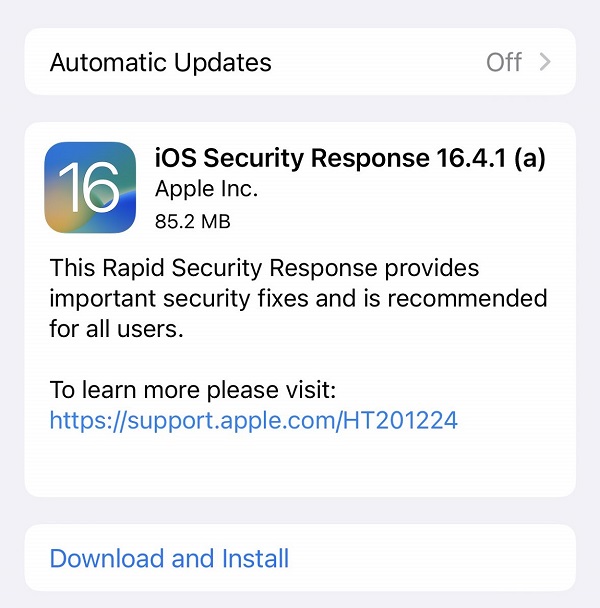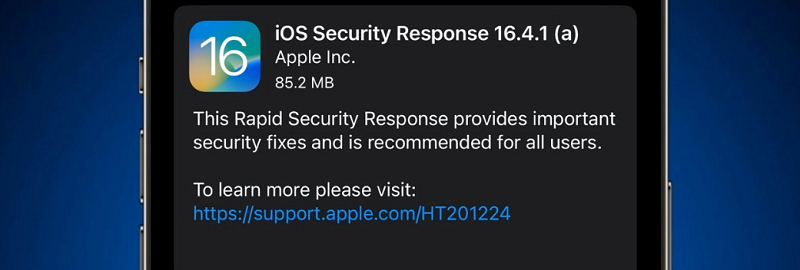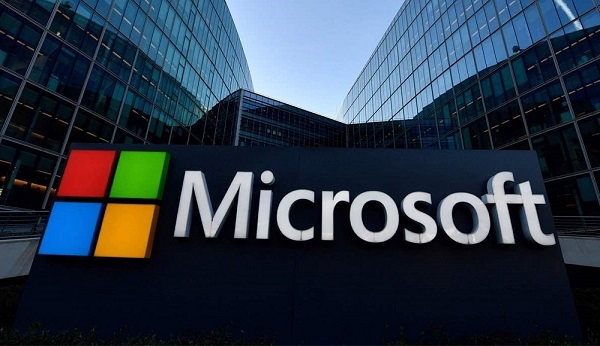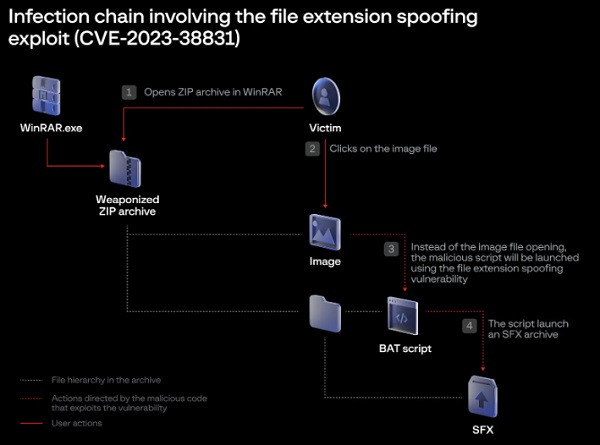Apple Rolls Out Software patches for iOS iPadOS and macOS
Apple has released its first set of “rapid security” patches aimed at quickly fixing security vulnerabilities that pose significant risks to its customers or are under active exploitation. The move comes in response to a spate of recent attacks targeting iPhone owners around the world by spyware makers QuaDream and NSO Group. Both spyware makers have exploited previously undisclosed vulnerabilities in Apple’s software, allowing their government clients to steal data from victims’ devices without their knowledge.
According to a notice from Apple, the so-called Rapid Security Response updates “deliver important security improvements between software updates.” The feature is enabled by default, and some rapid patches can be installed without the need to reboot, though this is not always the case.
The rapid security update is available for iOS 16.4.1, iPadOS 16.4.1, and macOS 13.3.1 users, and once installed, it will add a letter to the software version number, such as iOS 16.4.1 (a). However, customers running older versions of Apple’s software will not receive the rapid security fix, and Apple has stated that the fixes will be included in subsequent software updates.
Apple has released its first Rapid Security Response update to the public, updating iOS 16.4.1 and macOS 13.3.1 with security fixes — but the roll-out doesn't seem to be going that well. https://t.co/SVDyvphSfh pic.twitter.com/0QpmPSyiOq
— AppleInsider (@appleinsider) May 1, 2023
However, the rollout of the security patches has not gone smoothly for some users, who have reported that they were unable to install the update. When TechCrunch tested the updates on an iPhone, iPad, and Mac, the updates downloaded but did not immediately install.
Despite the lack of transparency about what the security update addresses, Apple has said that the Rapid Security Responses were introduced to allow Apple customers to update their devices faster than a typical software update takes. This move by Apple is a clear indication that they are taking security seriously and are actively working to protect their customers from the increasing number of cyber threats.

The recent exploits by QuaDream and NSO Group have put a spotlight on the need for stronger security measures in Apple’s software. Citizen Lab, a cybersecurity watchdog, reported that Lockdown Mode, a feature rolled out by Apple last year to prevent similar targeted attacks, successfully blocked at least one NSO-developed exploit that abused a vulnerability in Apple’s smart home feature, HomeKit.
It’s unclear what exactly the new rapid security updates address, and Apple has yet to respond to a request for comment. However, the move by Apple to release these rapid security patches is a step in the right direction, as it shows that the company is actively working to protect its customers from cyber threats.
The importance of security in the tech industry cannot be overstated, and it is especially critical for Apple, whose devices are used by millions of people around the world. As cyber threats become more sophisticated, it’s essential that companies like Apple stay ahead of the curve and continue to develop new security measures to keep their customers safe.
See more: Why Your Security Methodology of Detection Isn’t Working?
See more: Anonymous Sudan group launched fresh cyber-attack on Israel
Author: Manjushree Gavitre
We hope you found article interesting. For more exclusive content follow us on Facebook, Twitter and LinkedIn






